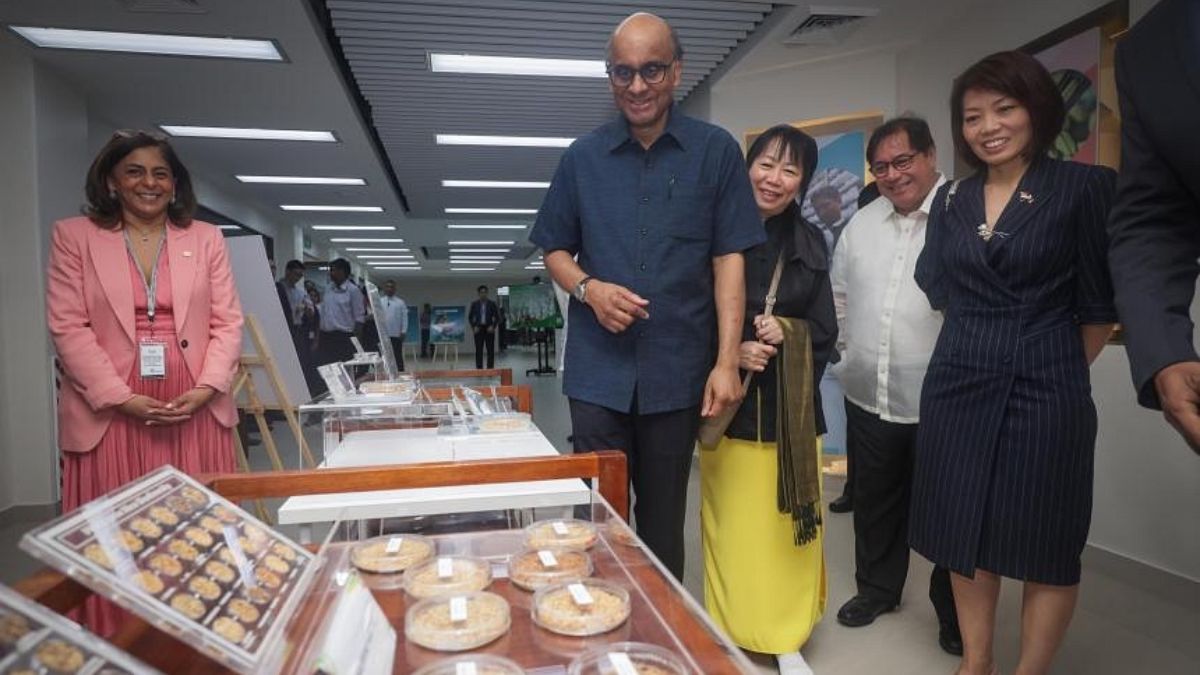Singapore is teaming up with the Philippines to develop new rice varieties that are more resilient to climate change and offer health benefits, addressing both environmental and public health challenges. The collaboration, announced during President Tharman Shanmugaratnam’s state visit to the Philippines, aims to create rice strains that are resistant to drought and floods and have lower glycaemic index (GI) scores to combat the rising diabetes epidemic in Asia.
Speaking at the International Rice Research Institute (IRRI), President Tharman highlighted the urgent need for innovative solutions in rice cultivation due to climate change threats like droughts, heatwaves, and saline intrusion. He noted that while rice is a staple food for much of Asia and the world, its cultivation faces serious challenges that require immediate attention.
Singapore’s Temasek Life Sciences Laboratory is partnering with IRRI to develop these new rice varieties. The research focuses on producing rice with lower GI levels and higher protein content to address diabetes and malnutrition, particularly in developing countries. IRRI has already made progress by identifying genes that influence rice’s GI and developing bio-fortified, high-protein rice to enhance nutritional intake.
The collaboration also involves validating the health benefits of these new rice varieties through clinical research, with the Agency for Science, Technology and Research (A*Star) participating in this effort. President Tharman emphasized that these advancements are crucial for tackling global health issues, including diabetes and malnutrition.
During his visit, President Tharman toured the IRRI and the International Rice Genebank, which houses the largest collection of rice genetic diversity worldwide. His trip also included engagements at the Asean Centre for Biodiversity and meetings with Philippine leaders and business executives.
In addition to the rice initiative, President Tharman’s visit led to the signing of memorandums of understanding on carbon credits and healthcare worker development. Collaborations between Singapore and Philippine entities included agreements on transitioning coal-fired power plants and enhancing maternal and child health facilities in Taguig City.

